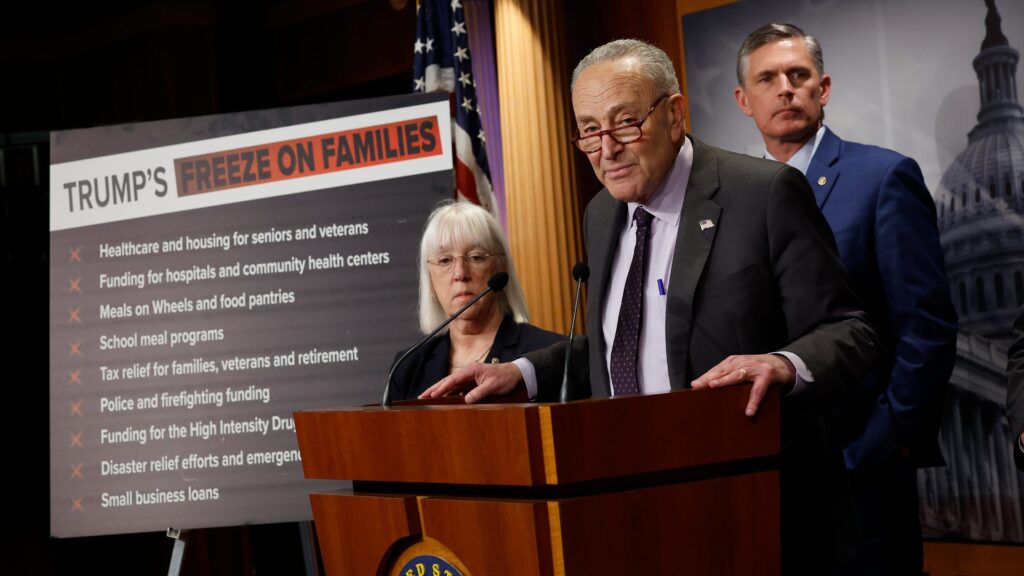In a recent development, a federal judge raised concerns about the Trump administration obstructing access to federal grants, despite court orders to halt a funding freeze. U.S. District Judge Loren AliKhan highlighted a case where a small nonprofit in West Virginia, assisting individuals with disabilities, faced challenges in accessing funds following the administration’s directive to pause funding. Despite temporarily blocking the freeze, the organization still faced financial constraints, leading to employee layoffs and service reductions, with potential closure looming without restored funding.
Advocacy groups, including a coalition challenging the Office of Management and Budget’s funding pause, submitted statements outlining the detrimental impact on their operations. Meanwhile, 22 predominantly Democratic-led states and the District of Columbia are separately contesting the freeze, citing potential budgetary repercussions.
The situation escalated as another federal judge issued a temporary restraining order on the administration, with AliKhan likely to follow suit. Although the Office of Management and Budget rescinded a vaguely-worded memo following the court intervention, White House press secretary Karoline Leavitt indicated that the funding freeze directive remained active, causing further confusion.
While the Justice Department defended the administration’s actions as aligned with Trump’s priorities and agencies’ discretion, critics, represented by Democracy Forward, emphasized the broad implications of the administration’s blanket freeze policy. The legal battle intensifies as stakeholders navigate the complexities of funding allocation amid ongoing legal challenges and conflicting statements from government officials.

